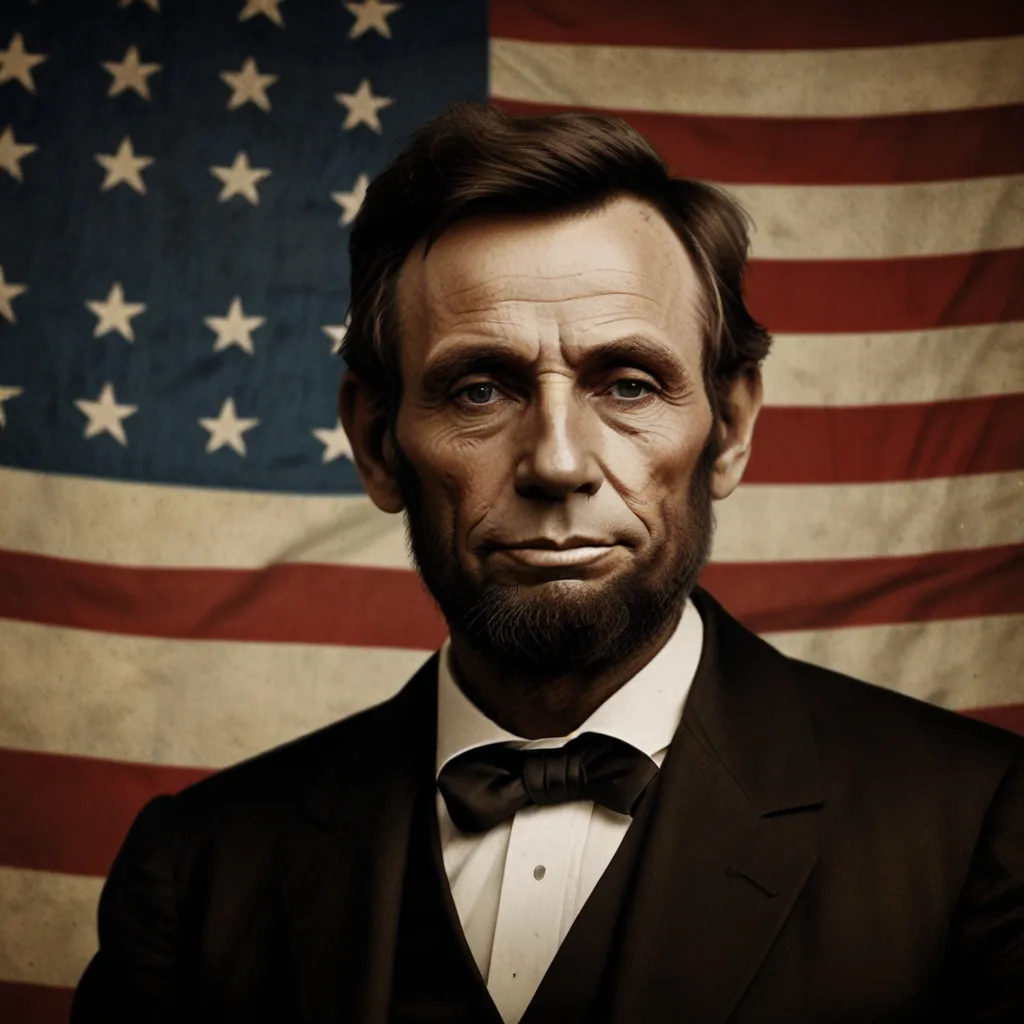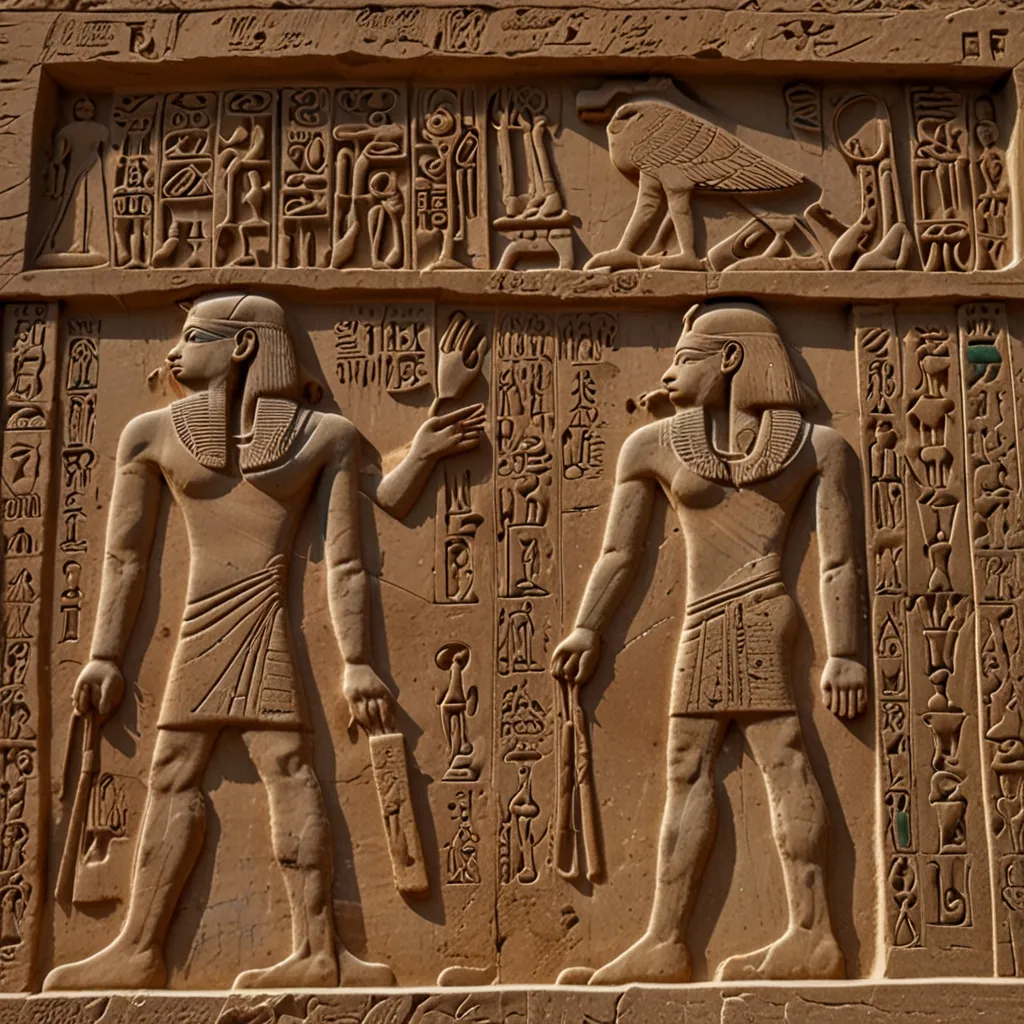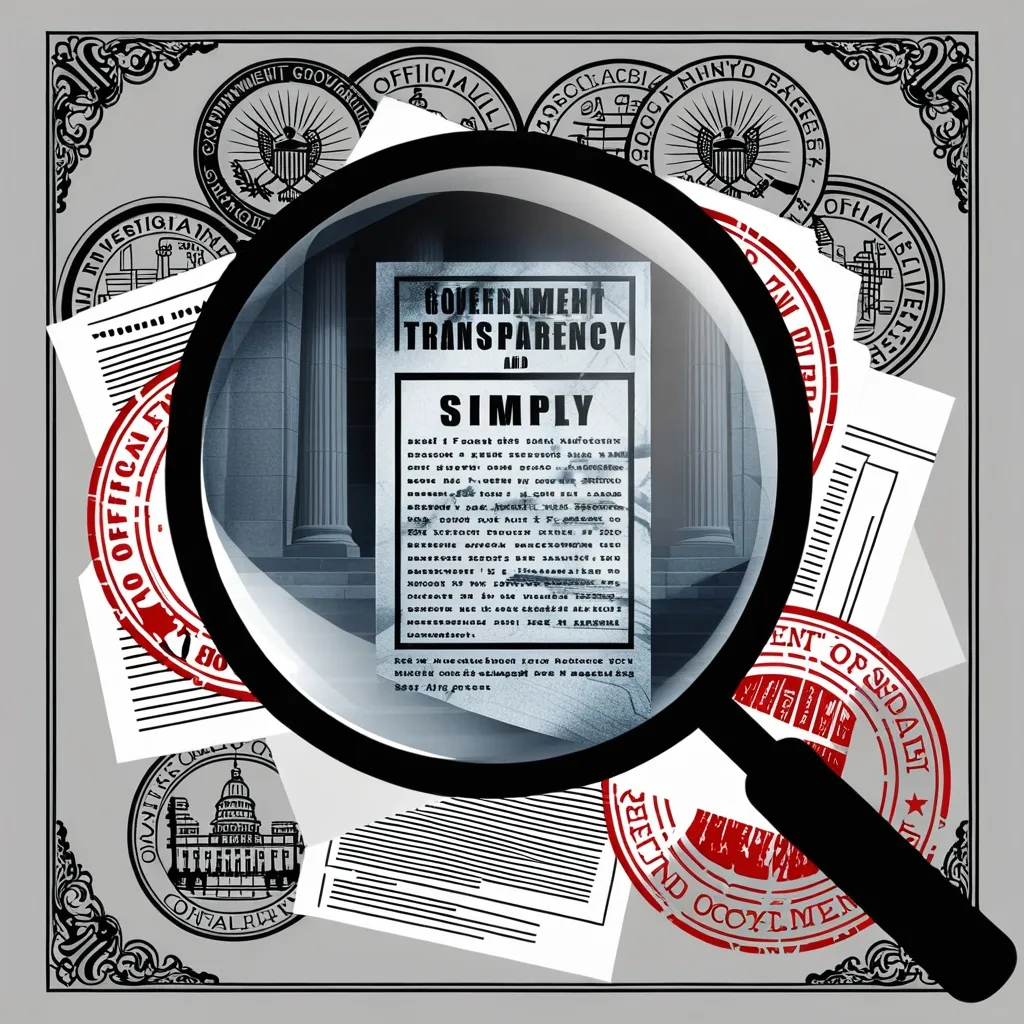History often surprises us with the uncanny coincidences it harbors. Take, for example, the striking echoes between the lives and deaths of two of America’s most famous presidents: Abraham Lincoln and John F. Kennedy. It seems almost eerie when you start lining up the similarities between these two significant figures, each etched into history with their own monumental legacies.
First off, both men were elected to Congress in a year ending in ‘46—Lincoln in 1846 and Kennedy in 1946, a whole century later. Their paths then converged onto the presidency in a year ending in ‘60, with Lincoln being elected in 1860 and Kennedy in 1960. Quite the coincidence, isn’t it? And both of their names, by chance or fate, consist of seven letters. Spooky already, right?
Let’s add some personal life parallels into the mix. Both Lincoln and Kennedy, in their thirties, married women who carried certain social prestige. These women, each 24 years old at the time of marriage, spoke fluent French, adding a touch of cultural flair to their social engagements and international interactions. Sadly, each first lady went through the tragedy of losing a son while their husbands were still in office. In another nod to their bizarrely parallel lives, each of these sons had names consisting of 21 letters, although it’s rather unusual to highlight the letter count in names as a point of comparison.
Then there’s the ominous conclusion to their presidencies. Each president was assassinated in office, and the circumstances are a bit too similar for comfort. Both were shot on a Friday, right before a major holiday, while seated beside their wives. Even more peculiarly, each assassin—John Wilkes Booth and Lee Harvey Oswald—had a full name composed of 15 letters. Booth shot Lincoln in a theater before fleeing to a warehouse; Oswald, on the other hand, shot Kennedy from a warehouse and was caught in a theater.
Even their modes of assassination have an odd mirroring. Lincoln was assassinated in Ford’s Theatre, while Kennedy was shot in a Ford Lincoln—just another layer in this puzzling stack of coincidences.
Their connections stretch into their professional circles too. Lincoln had a secretary named Kennedy, while Kennedy had a secretary named Lincoln. As if pre-ordained by a cosmic playwright, each assassin was also silenced by death before they could face the inevitable trials that would have unraveled further insights into their heinous acts.
Furthermore, both presidents were succeeded by a Johnson—Andrew Johnson taking over after Lincoln and Lyndon B. Johnson stepping in after Kennedy. Even the vice presidents shared a link, as both were Southern men born in an ‘08—Andrew in 1808 and Lyndon in 1908. Predictably, their full names included 13 letters.
It’s almost enough to make you pause and ponder. Perhaps it’s an odd freak of history, the kind of parallel universes penning matching chapters under the same influences, or maybe just a bunch of numbers aligning in ways that catch our curious minds. Are these coincidences a reflection of some deep truths hidden in the weave of time? Maybe. Or perhaps they just remind us how history, with its vast array of stories, sometimes loops in on itself, creating patterns that puzzle and fascinate us.
Despite these similarities, Lincoln and Kennedy were very distinct in their leadership, political challenges, and impacts on the American nation. Lincoln steered the country through the dark, tumultuous period of civil strife and transformation, mastering the art of unity and emancipation. Kennedy, on the other hand, captained the ship during the raging seas of the Cold War, symbolizing a youthful charisma that inspired a new generation amid threats of nuclear confrontation.
Their parallels, though captivating, also underline how history isn’t just about dates and coincidences. It’s about human experiences that touch lives across time. Lincoln sowed the seeds of civil rights, paving the way for a more just society, a legacy that Kennedy would later nurture in his own era, championing equality and new frontiers.
These archetypal figures remind us of the eerie ways our past and present can entangle. Observing the strange semblances in their stories feels like reading through a detective novel sent across time. Are these the inevitable dance of historical repetition, or are they merely the universe showing off its flair for the dramatic?
While these patterns spur copious amounts of debate and lore, they also serve as a gentle reminder of the human threads that trail through history. We can delve into these similarities, exploring theories or imagining reasons behind their bizarre synchronicity, but in doing so, it’s important not to overshadow the profound impact each one had on their era and the domino effect that impact has had through the decades.
So, the next time the anniversary of these presidencies or assassinations rolls around, perhaps spare a thought for these two leaders, not just for their mirrored misfortunes but for their unmatched contributions to the world stage. Picture them beyond their enigmatic connections and as pillars that supported the American ideal through times that tested the nation’s mettle.
The unfolding chapters of history continue to surprise, entertain, and educate, offering us insights into the paradoxes of time and human endeavor. With or without these extraordinary coincidences, both Abraham Lincoln and John F. Kennedy left indelible marks on the pages of history. Their stories are reminders of the resilient spirit needed to steer through crisis—be it in 1865 or 1963—and the timelessness of true leadership.






